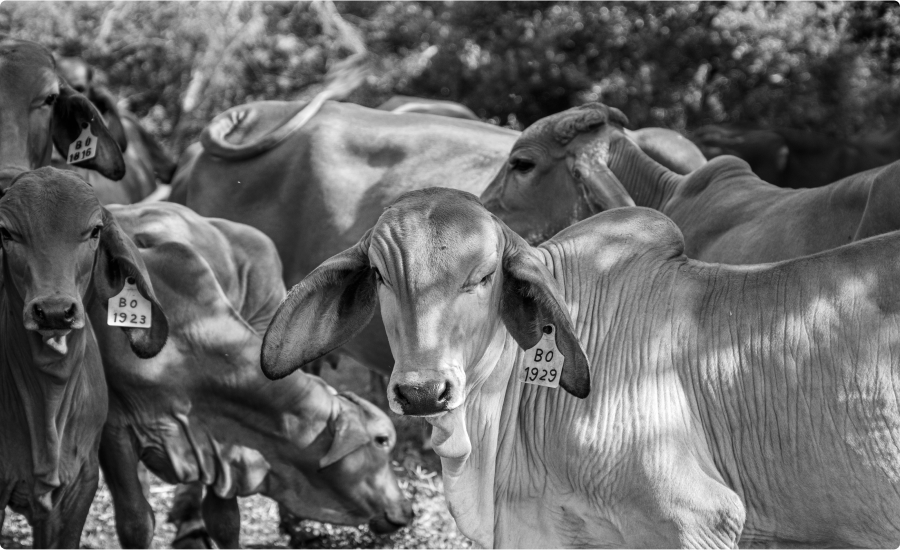Kerala, with its lush greenery and vibrant culture, is also known for its love for dairy products. Fresh milk in Ernakulam, or any part of the state for that matter, is a staple in many households. But the arrival of the monsoon season can raise concerns about milk quality. Here’s a comprehensive guide to understanding milk quality during the rainy season, empowering you to make informed choices as a consumer.
Understanding Milk Quality: The Basics
Milk, a nature-given source of essential nutrients, plays a crucial role in maintaining a healthy diet. However, its quality can vary depending on several factors, including:
- Fat: Milk fat content contributes to its richness, taste, and creaminess. It also houses essential fat-soluble vitamins like A, D, E, and K.
- Protein: Milk protein, primarily casein and whey, is vital for building and repairing tissues. It also provides a feeling of satiety.
- Lactose: This milk sugar is a source of energy for the body. However, some people have lactose intolerance, hindering their ability to digest it.
- Hygiene: Milk quality hinges on cleanliness throughout the production process, from milking to storage and transportation. This prevents bacterial contamination that can pose health risks.
How Weather Conditions Impact Milk Production and Quality
The monsoon season, while bringing much-needed rain, can present challenges for dairy farmers. Here’s how weather plays a role in milk production and quality:
- Increased Water Content in Forage: Cows naturally consume more water during the rainy season. Additionally, fresh monsoon grass tends to have higher moisture content. This can lead to a slight dilution effect, causing a temporary dip in the fat and protein content of the milk.
- Important Note: While the percentage of fat and protein might decrease slightly, the overall amount of these nutrients remains the same as the milk volume increases.
- Changes in Feed Quality: Heavy rains can sometimes affect the quality of available feed for cows. Reduced access to dry matter or a shift in the forage mix might lead to fluctuations in nutrient composition. Dairy farmers often need to adjust feed rations during this time to maintain optimal milk quality.
- Temperature Fluctuations: Sudden changes in temperature can stress cows, impacting their overall health and potentially affecting milk production. Maintaining a comfortable environment for cows is crucial during the monsoon season.
- Increased Risk of Bacterial Contamination: Damp and humid conditions can favor the growth of bacteria. Strict hygiene protocols are essential at dairy farms during the rainy season to minimize the risk of contamination in milk.
While the monsoon might bring some changes in milk composition, it’s important to remember that these are often temporary. Reputable dairy farms implement stringent measures to ensure the safety and quality of their milk throughout the year.
Fresh Milk in Ernakulam: Here are some tips for discerning consumers in Ernakulam:
- Look for milk sourced from well-established dairies known for their hygiene practices.
- Check the “packed on” date and choose milk with a recent date for optimal freshness.
- Opt for pasteurized milk, which ensures the elimination of harmful bacteria.
- When buying loose milk, ensure the vendor maintains proper hygiene and uses clean containers.
By understanding the impact of weather on milk quality and following these simple tips, you can continue to enjoy the benefits of fresh milk , even during the monsoon season. Stay tuned for the next part of this series, where we’ll delve deeper into the potential challenges posed by the rainy season and explore solutions for maintaining milk quality.





6 Comments
This is exactly what i was looking for, thank you so much for these tutorials
It would be great to try this theme for my businesses
What a nice article. It keeps me reading more and more!
This is exactly what i was looking for, thank you so much for these tutorials
It would be great to try this theme for my businesses
What a nice article. It keeps me reading more and more!